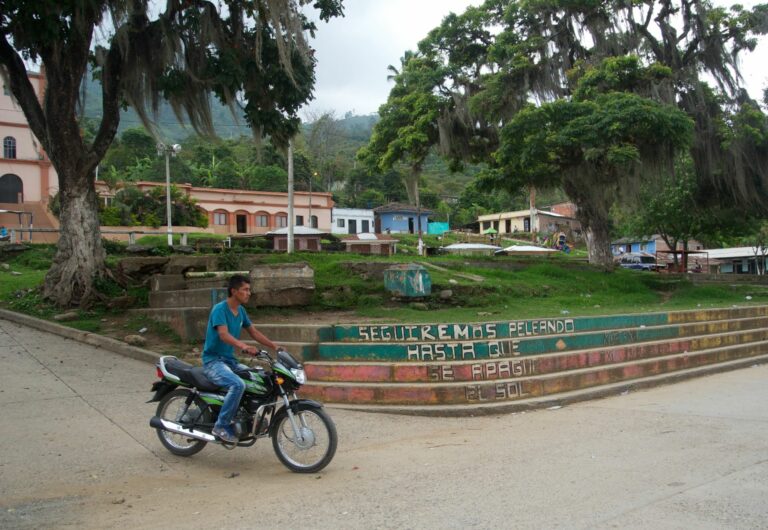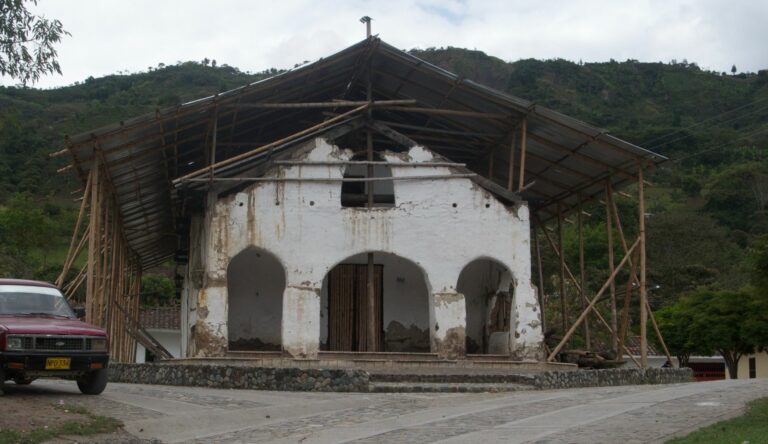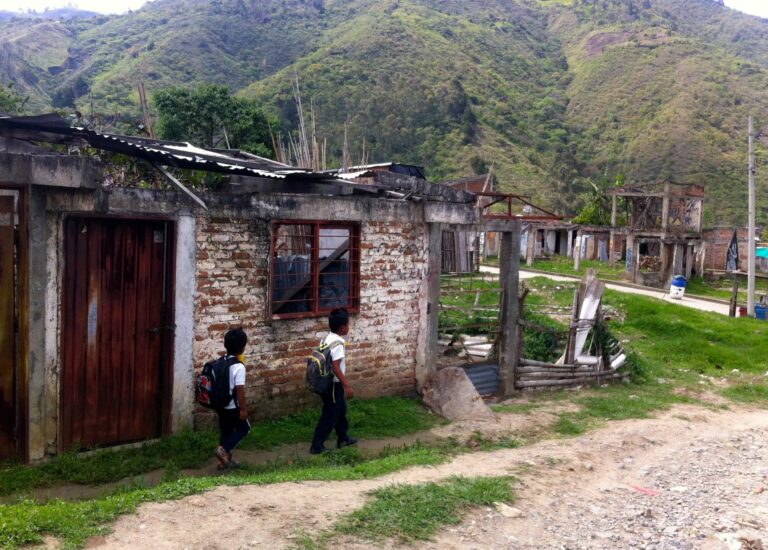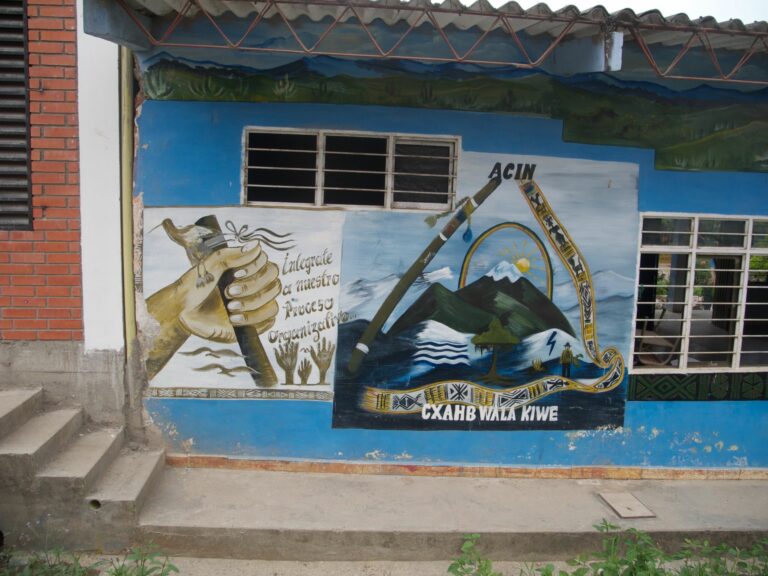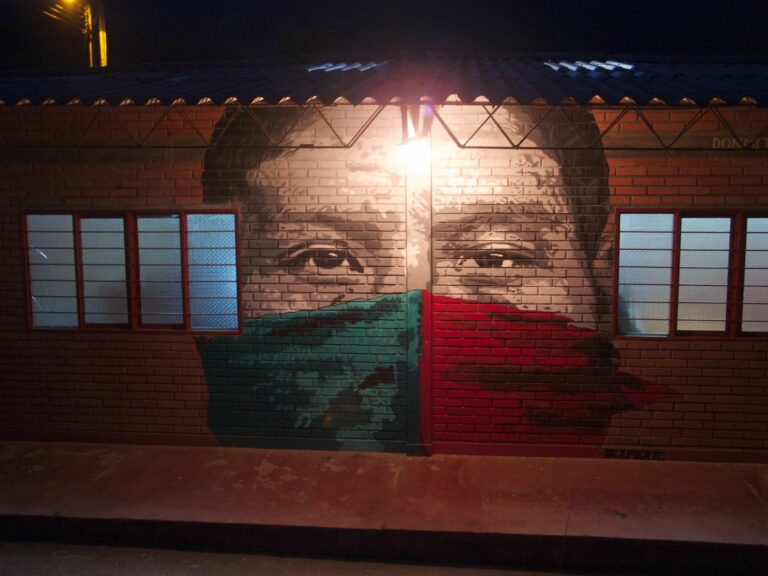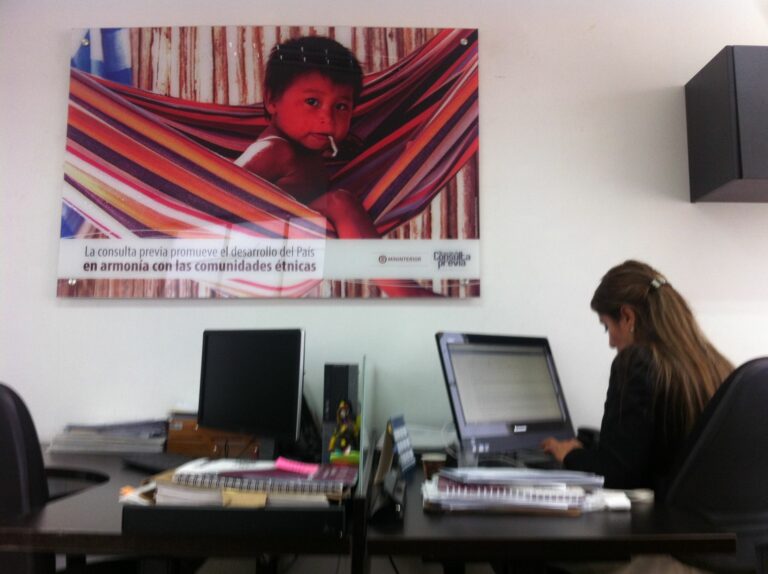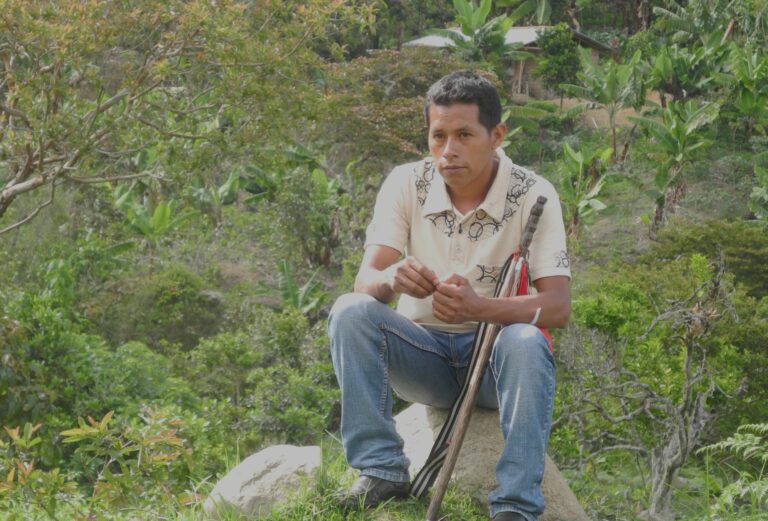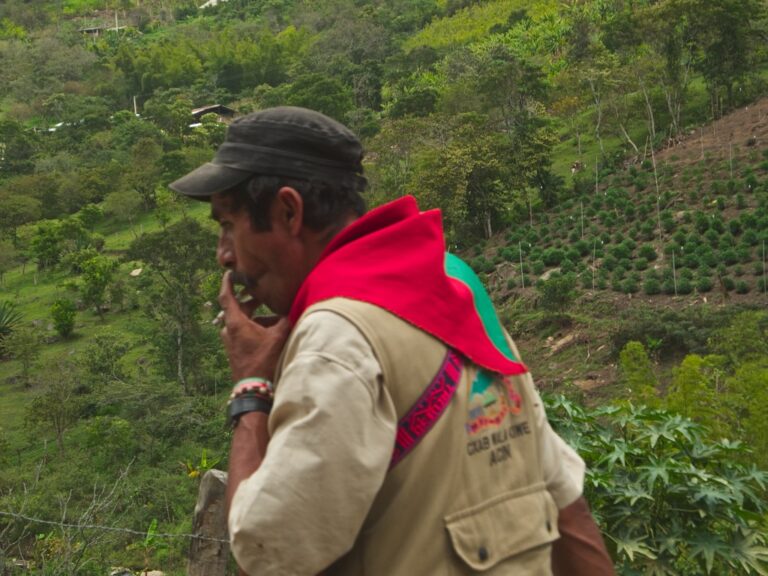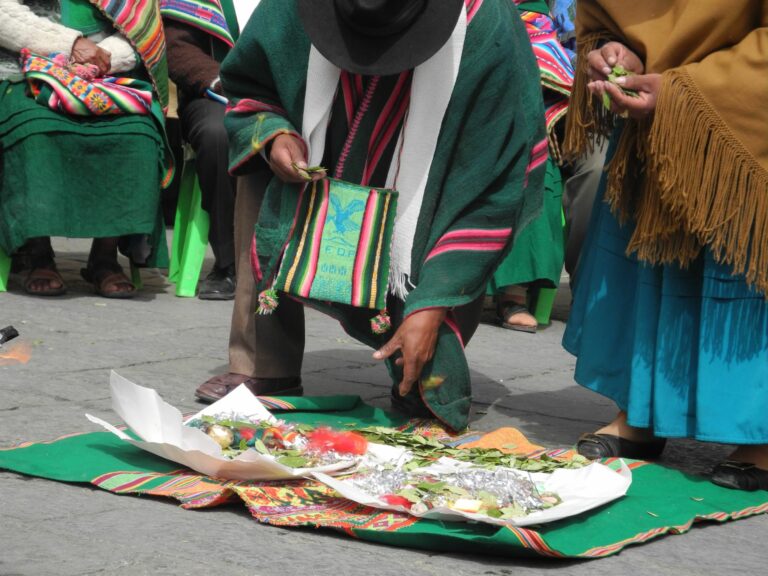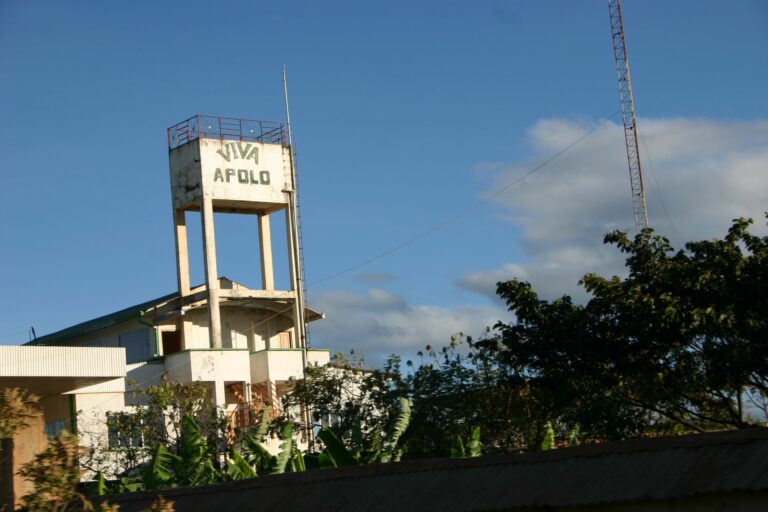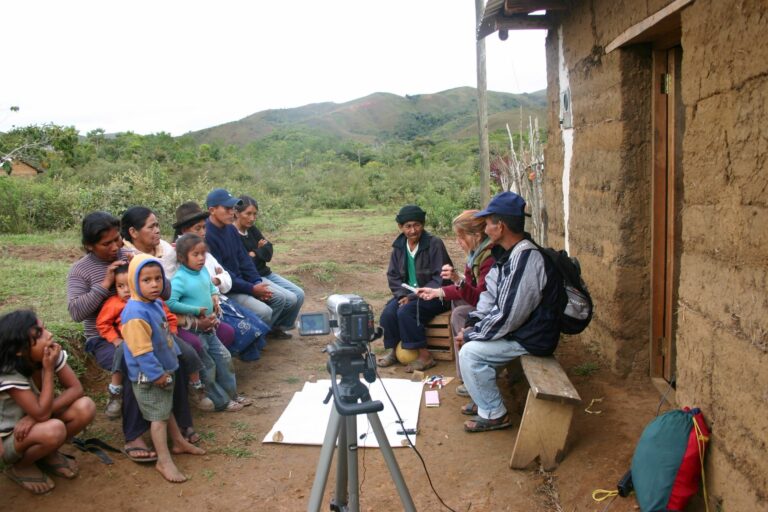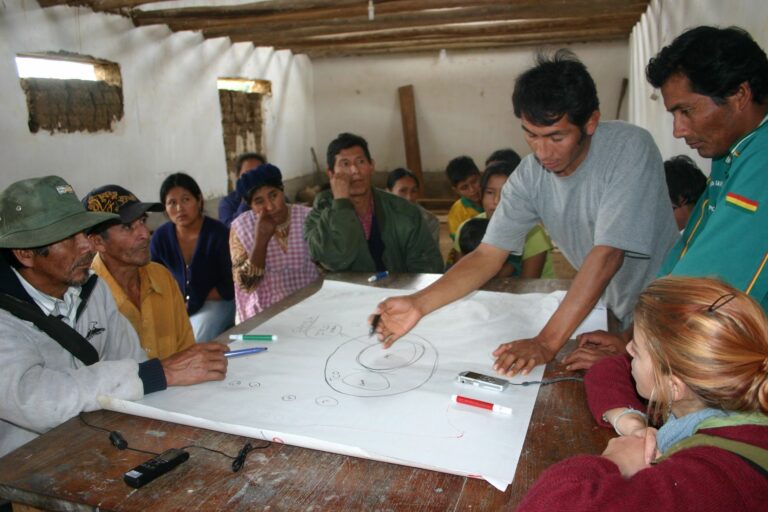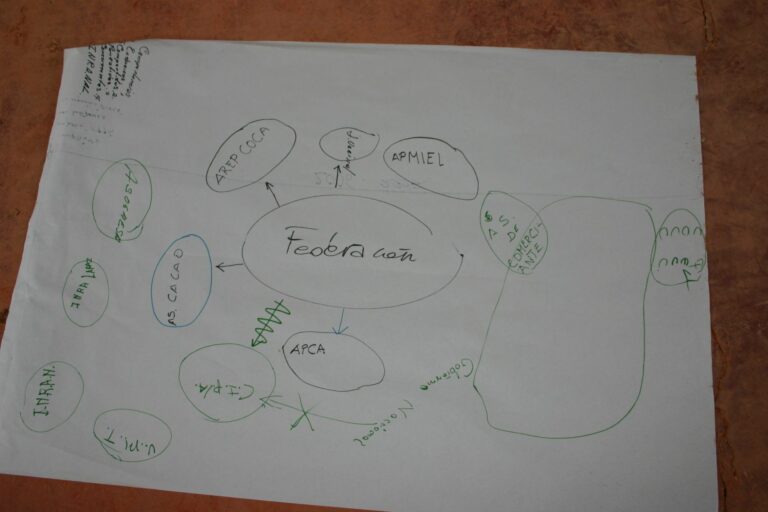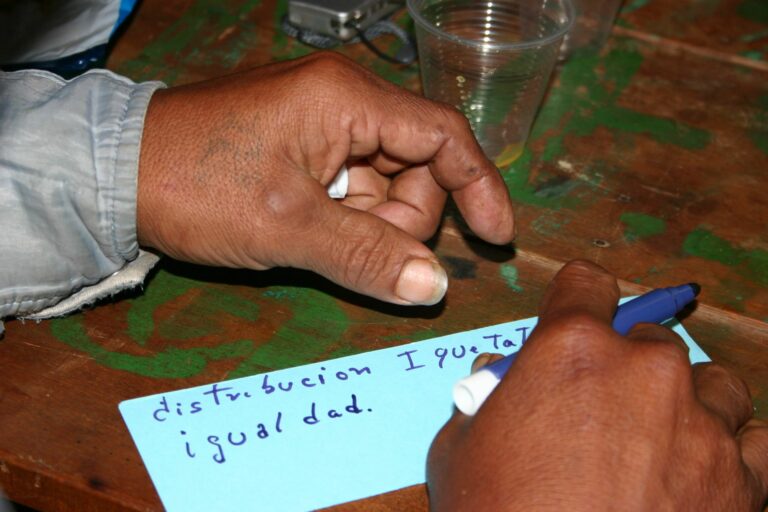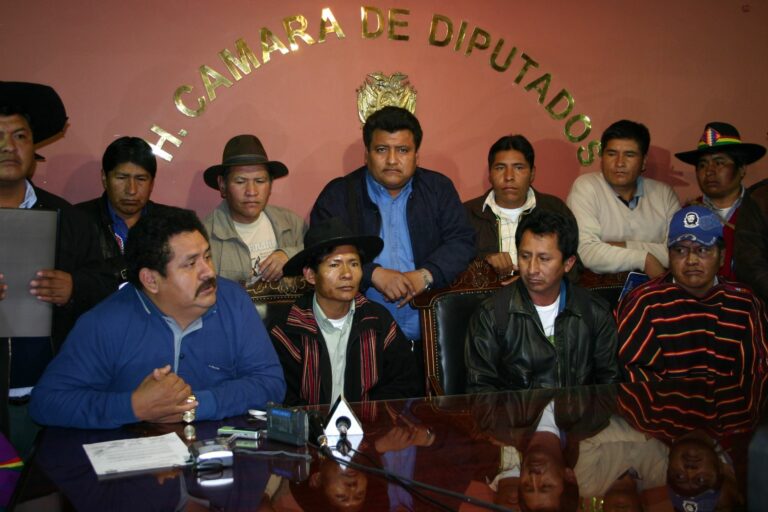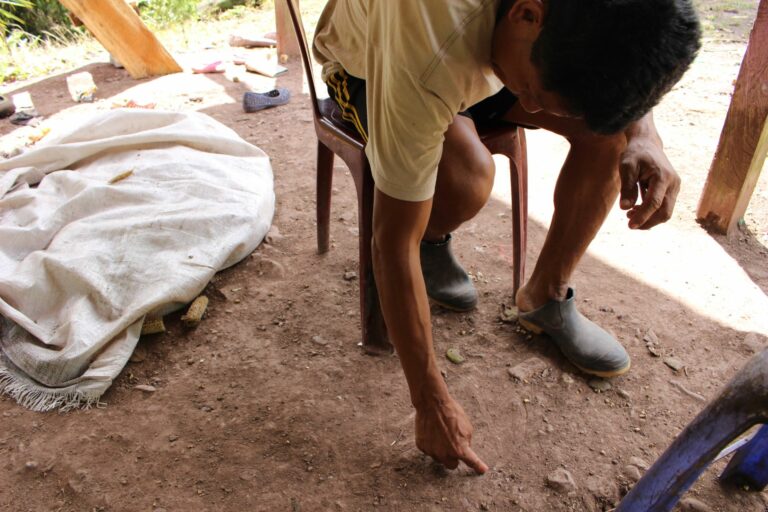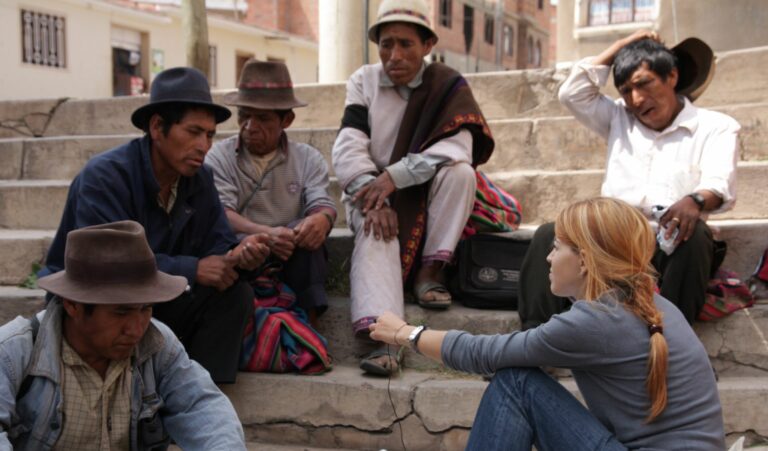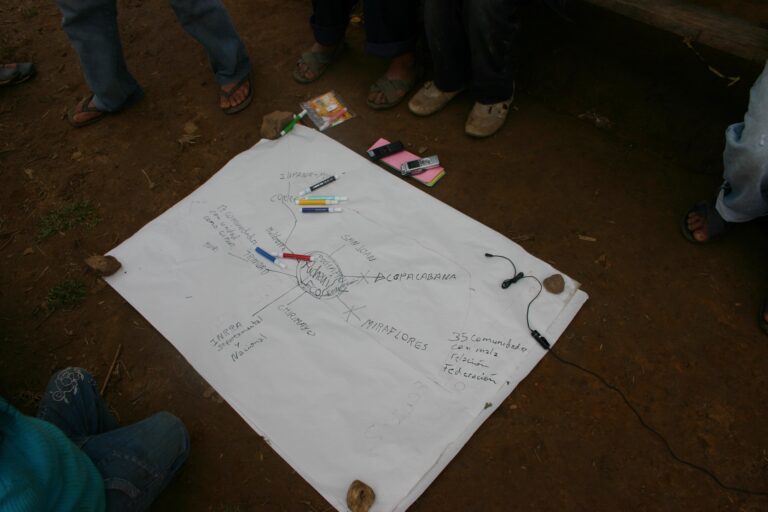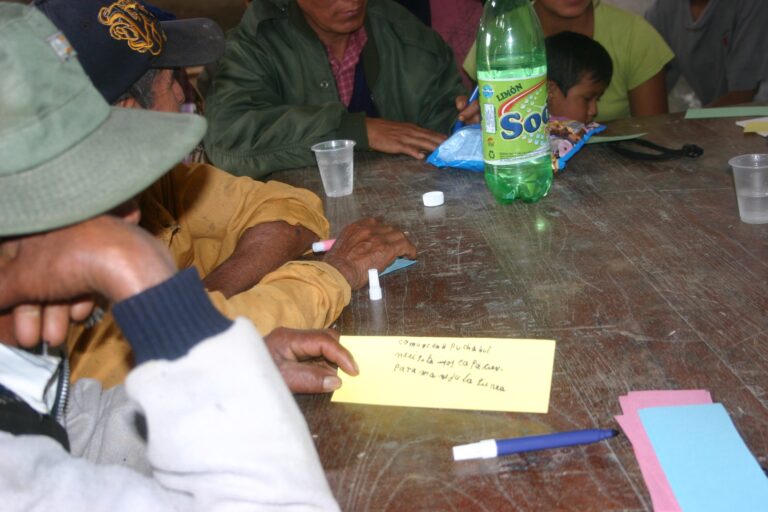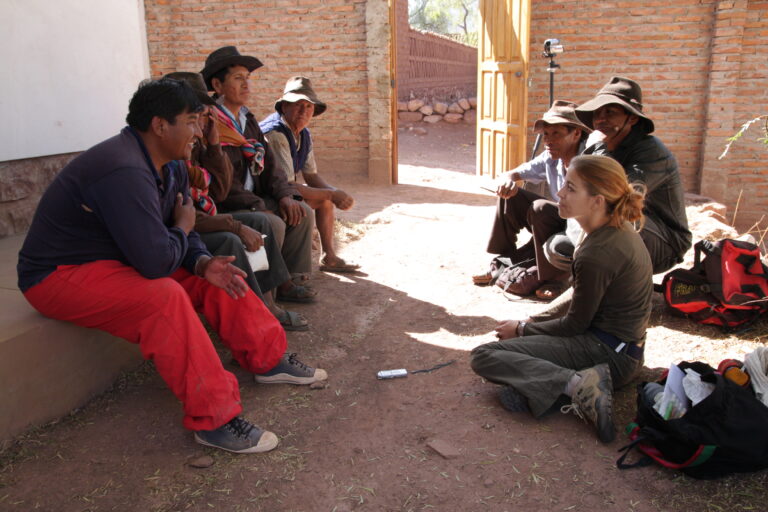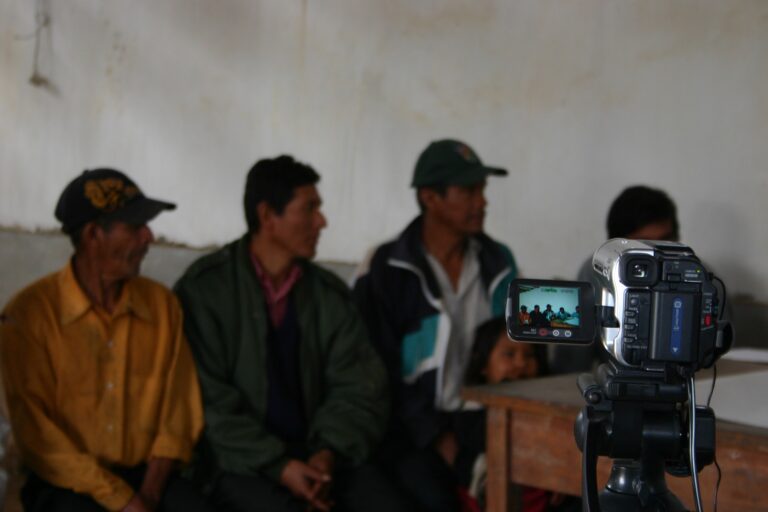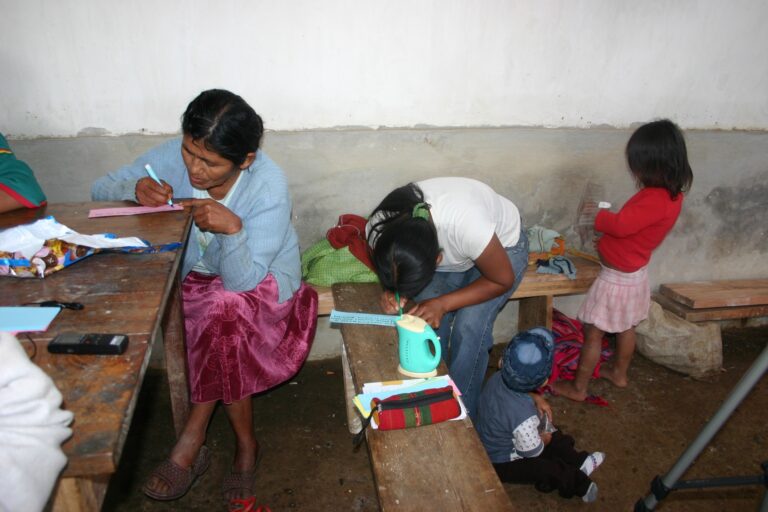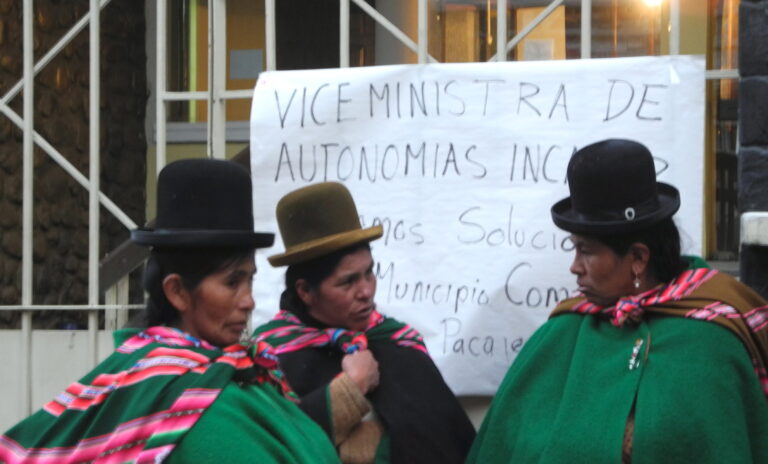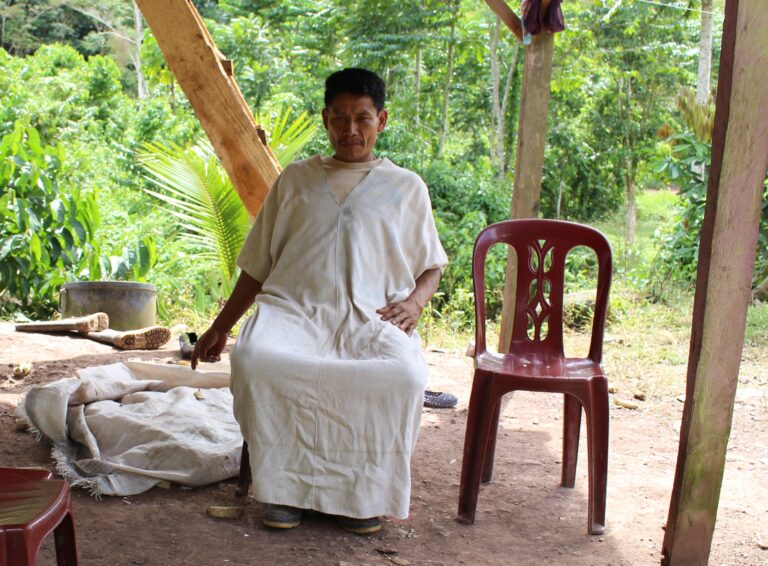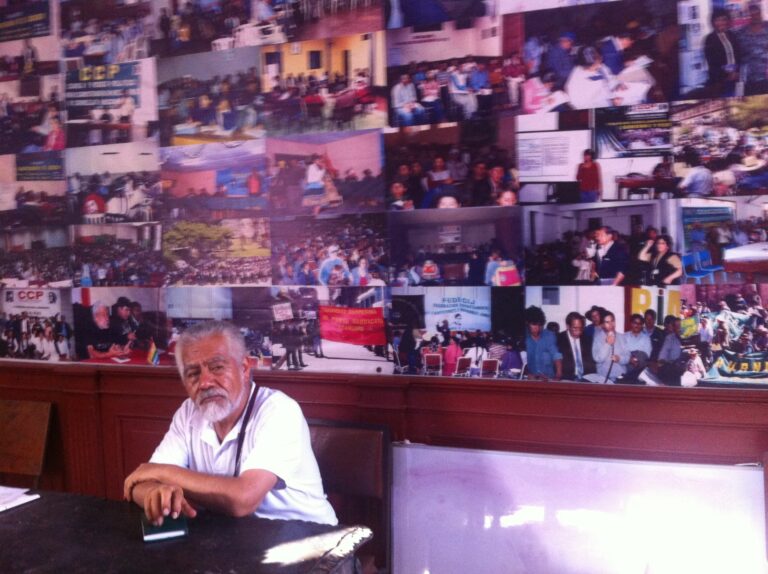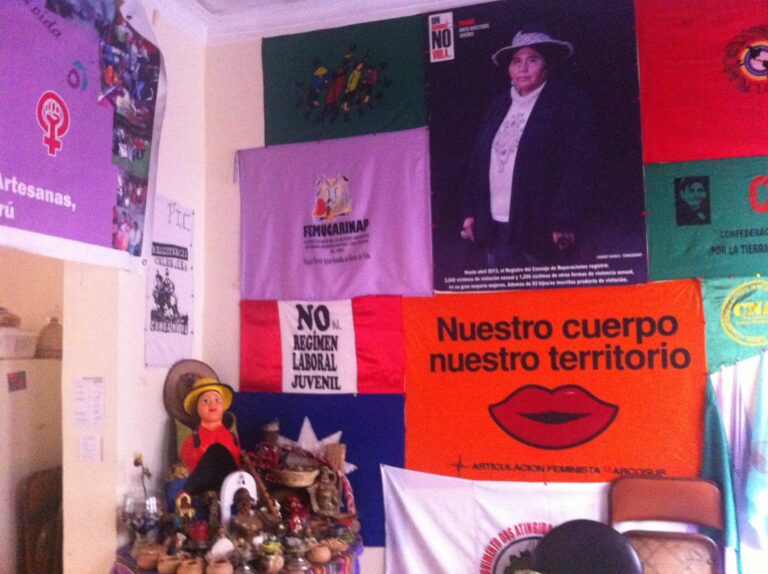This is a long-term project that started with my PhD and went through multiple steps and phases. The general goal has been to study the impact of recognition politics (particularly indigenous rights) on social communities across the Andean region, the debates that led to the implementation of new right frameworks and, more specifically, the consequences of the implementation of those rights on people’s lives. The focus has been on the contentious politics happening in the ‘post-recognition’ phase.
This project received funding from a Royal Geographical Society Small Grant and was supported by the Sheffield Institute for International Development at the University of Sheffield, and the European Commission MCSA Fellowship n. 655710.
The most important output of this line of research is a book entitled ‘Recognition Politics. Indigenous Rights and Ethnic Conflicts in the Andes’ forthcoming with Cambridge University Press (2022).
The book provides an empirically grounded analysis and original theoretical framework to understand a new wave of widely overlooked ethnic conflicts that have emerged across the Andean region commensurate with the implementation of internationally acclaimed indigenous rights. Challenging some of the mainstream progressive interpretations of the politics of recognition as offering more fair and inclusive arrangements for ethnically diverse societies, this book argues that these politics contain seeds of conflict. While they aim to improve social inclusion, under certain conditions they increase social differentiation between communities of rural poor, reduce incentives to cooperate and generate new social tensions. Why are groups that have peacefully cohabited for decades suddenly engaging in hostile and violent behaviours? What is the link between these conflicts and changes in collective self-identification, claims-making and rent-seeking dynamics? And how, in turn, are these changes driven by broader institutional, legal and policy reforms?
